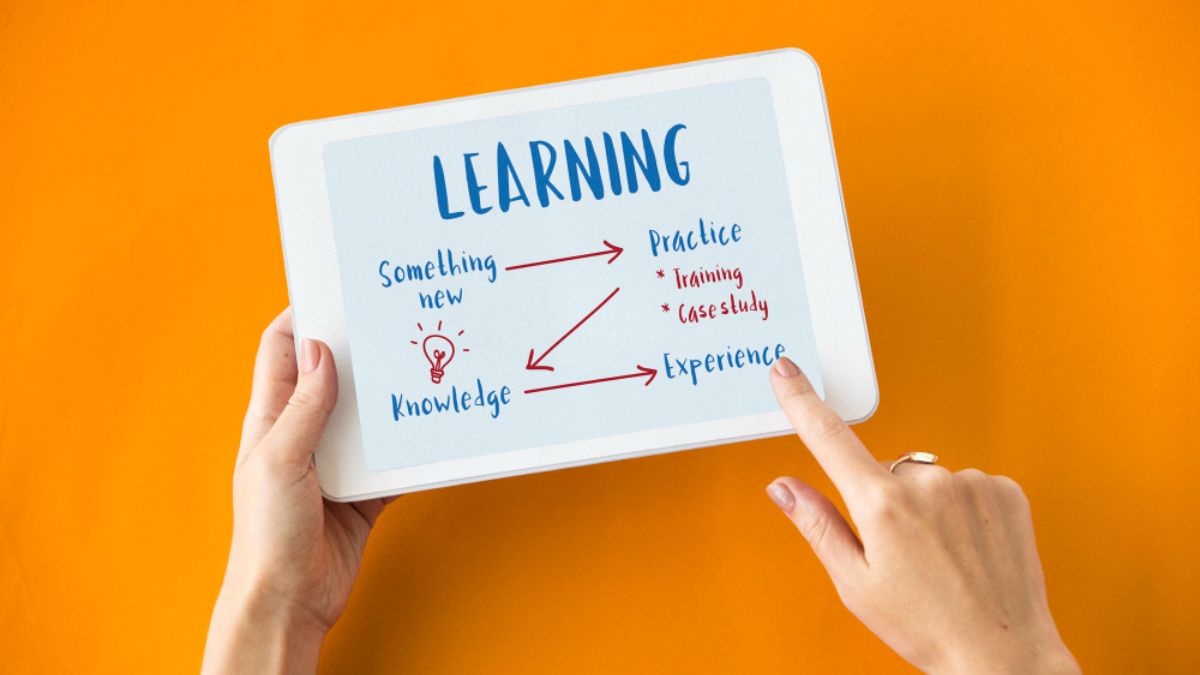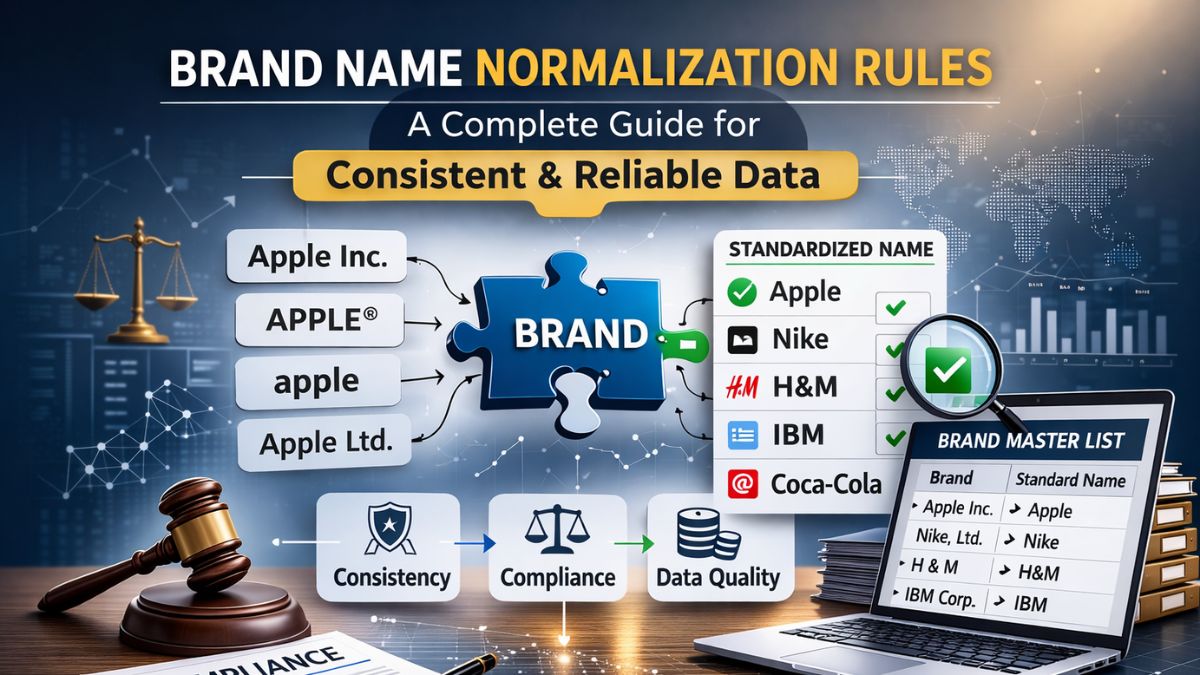Every student can improve academically, but progress often requires a clear plan tailored to their unique strengths and challenges. Targeted tutoring strategies provide this direction by focusing on specific skills, knowledge gaps, and learning approaches that help students achieve measurable results. Here, you will discover how personalized tutoring methods can enhance study habits, strengthen understanding, and lead to long-term academic growth.
Targeted Tutoring Strategies To Maximize Academic Potential
Look at practical ways a math tutor can identify learning needs, adapt teaching methods, and use proven techniques to help students excel in their chosen subjects. By the end, you will understand how targeted tutoring works, the strategies that make it successful, and how these approaches can be applied to create a consistent upward trajectory in a student’s academic journey. Tutors use these key strategies to help students unlock their full potential:
- Conducting A Detailed Learning Assessment
Before any teaching begins, an effective tutor evaluates a student’s current academic level, strengths, and areas that need improvement. This might involve diagnostic tests, reviewing past work, and discussing learning preferences. This assessment ensures that the tutoring plan starts from an accurate baseline and focuses efforts where they will have the most impact.
- Setting Specific And Achievable Goals
Students benefit from clear, measurable goals that outline their objectives. Instead of a broad aim like “improve in math,” a targeted goal might be “increase algebra test scores by 15% within three months.” Having defined objectives provides motivation and a sense of direction for both the tutor and the student.
- Using Customized Lesson Plans
A one-size-fits-all approach rarely works in tutoring. Effective tutors adapt their lesson plans to match the student’s pace, preferred learning style, and subject focus. This could include using visual aids for visual learners, breaking down concepts into smaller parts for better retention, or incorporating real-life examples to make lessons more relatable.
- Teaching Active Learning Techniques
Targeted tutoring is not just about delivering information. It also involves training students to engage with the material actively. Strategies like self-quizzing, summarizing information in their own words, and teaching the concept back to the tutor help students retain knowledge and think critically.
- Tracking And Reviewing Progress Regularly
Regular check-ins and performance reviews are essential to ensure the tutoring plan is working effectively. Tutors might use quizzes, progress charts, or skill checklists to measure improvement. Adjustments can then be made if specific strategies are not producing the desired results.
- Encouraging Consistent Study Habits
A strong tutoring strategy focuses not only on subject mastery but also on building habits that support ongoing learning. This may include creating a study schedule, organizing study materials, and setting aside distraction-free time for focused work.
- Building Confidence Alongside Skills
Academic success is closely linked to a student’s confidence. Tutors can foster this by celebrating small victories, offering constructive feedback, and providing opportunities for the student to apply their skills in a supportive environment.
The Long-Term Benefits Of Targeted Tutoring Strategies
Targeted tutoring goes beyond short-term academic improvements. It equips students with lifelong learning skills, effective study methods, and the ability to adapt to different academic challenges. Over time, these strategies by a tutoring expert can lead to higher grades, better test performance, and greater self-reliance in tackling schoolwork.
By focusing on specific learning needs and reinforcing strengths, tutoring becomes a catalyst for consistent improvement. Students often find that once they overcome their main academic obstacles, they begin to approach learning with greater enthusiasm and determination.






